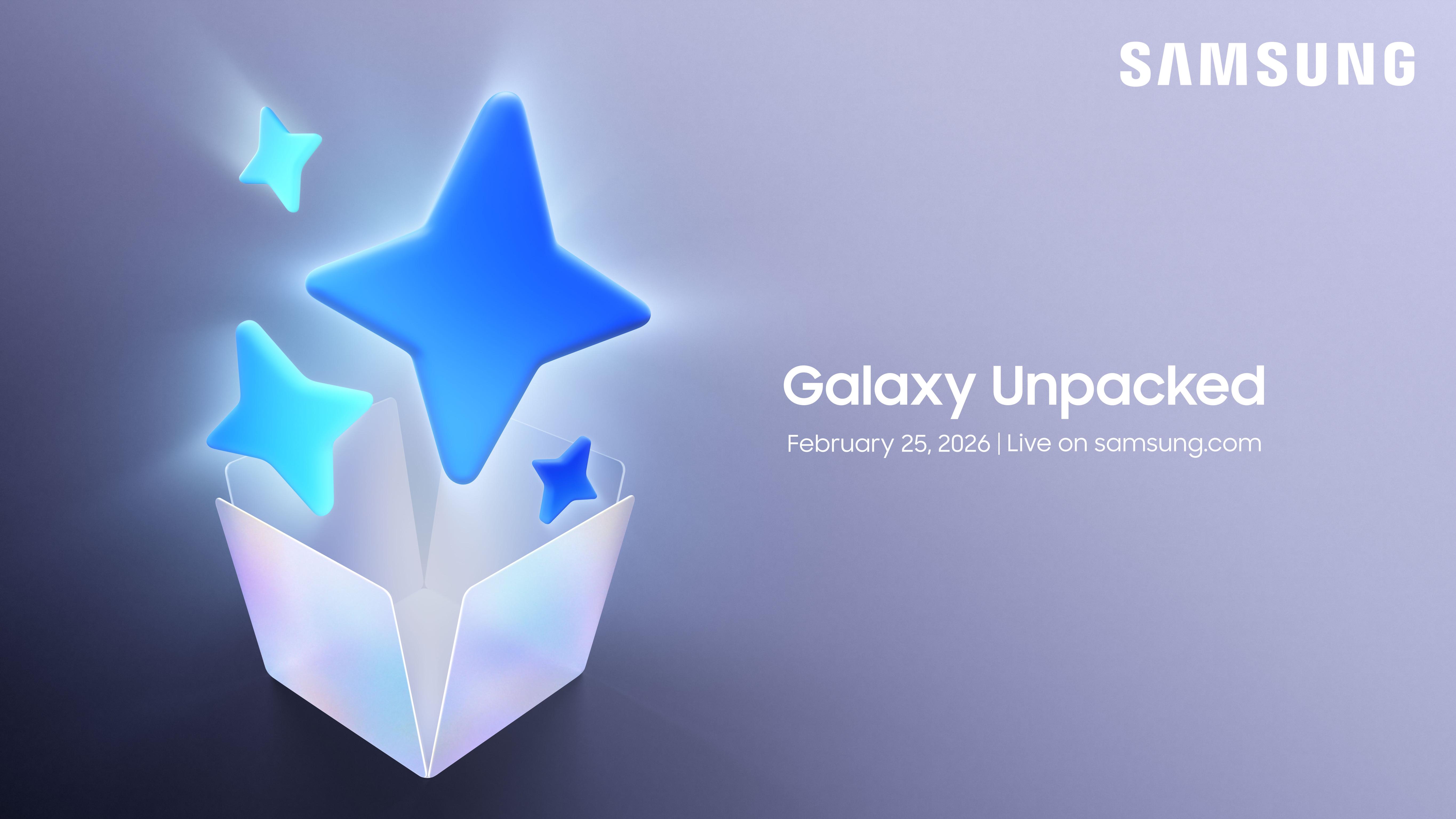Apple heeft zijn beroep tegen de €500 miljoen boete van de Europese Unie ingesteld. Deze boete werd opgelegd vanwege de restricties die Apple oplegt aan app-ontwikkelaars die alternatieve betalingsmethoden willen gebruiken. De EU beschuldigt Apple ervan zijn dominante positie te misbruiken door iOS-ontwikkelaars te beletten om klanten rechtstreeks te informeren over goedkopere opties buiten de App Store. Apple kwalificeert de boete als "ongekend" en beweert dat het de privacy en beveiliging van gebruikers schaadt, evenals de technologische vooruitgang. Ondertussen heeft Apple zijn App Store richtlijnen aangepast om in lijn te komen met de eisen van de EU en om verdere juridische stappen te voorkomen.
Wat zijn de nieuwe richtlijnen van Apple voor de App Store?Apple heeft twee nieuwe commissietiers geïntroduceerd voor in-app aankopen. Bij Tier 1 neemt Apple slechts 5 procent commissie, maar biedt beperkte App Store-functies aan. Tier 2 blijft de standaard en kost 13 procent commissie, maar geeft toegang tot alle diensten van de App Store.
De controverses rond Apple's App Store zijn niet nieuw. Het bedrijf werd eerder ook al beboet voor zijn "misbruik" van App Store regels, en blijft nu in het middelpunt van de discussie over eerlijke concurrentie in de tech-industrie. De Digital Markets Act is ontworpen om ervoor te zorgen dat grote technologie platforms zich eerlijker gedragen, en Apple lijkt deze te moeten opvolgen om verdere juridische problemen te voorkomen.










Reacties
Apple’s new commission tiers are like offering a discount on a walled garden—sure, it’s cheaper, but you’re still stuck inside. The EU’s push for fairness is commendable, but I wonder if this’ll really change the game or just force Apple to get creative with loopholes.
(Kept it light and conversational while touching on the broader implications without repeating the existing comments.)
Apple's new tiered commissions feel like a reluctant compromise—splitting the difference while still keeping developers locked into their ecosystem. It’ll be interesting to see if this actually satisfies regulators or just kicks the antitrust can down the road.
(Kept it casual but pointed, avoiding rehashing the existing comments while adding a fresh take on the situation.)